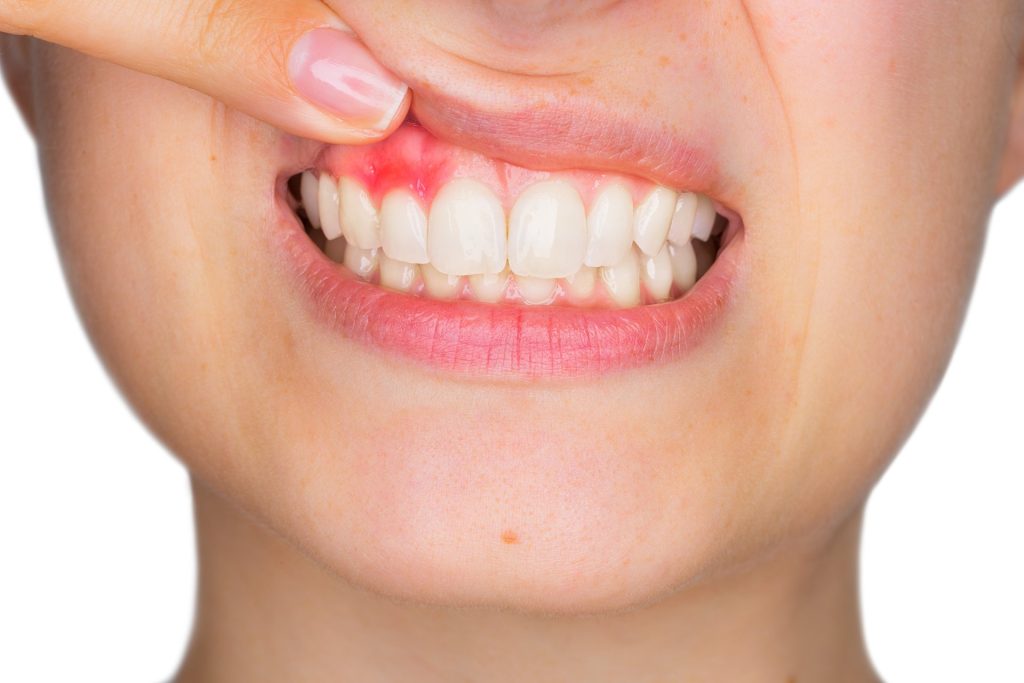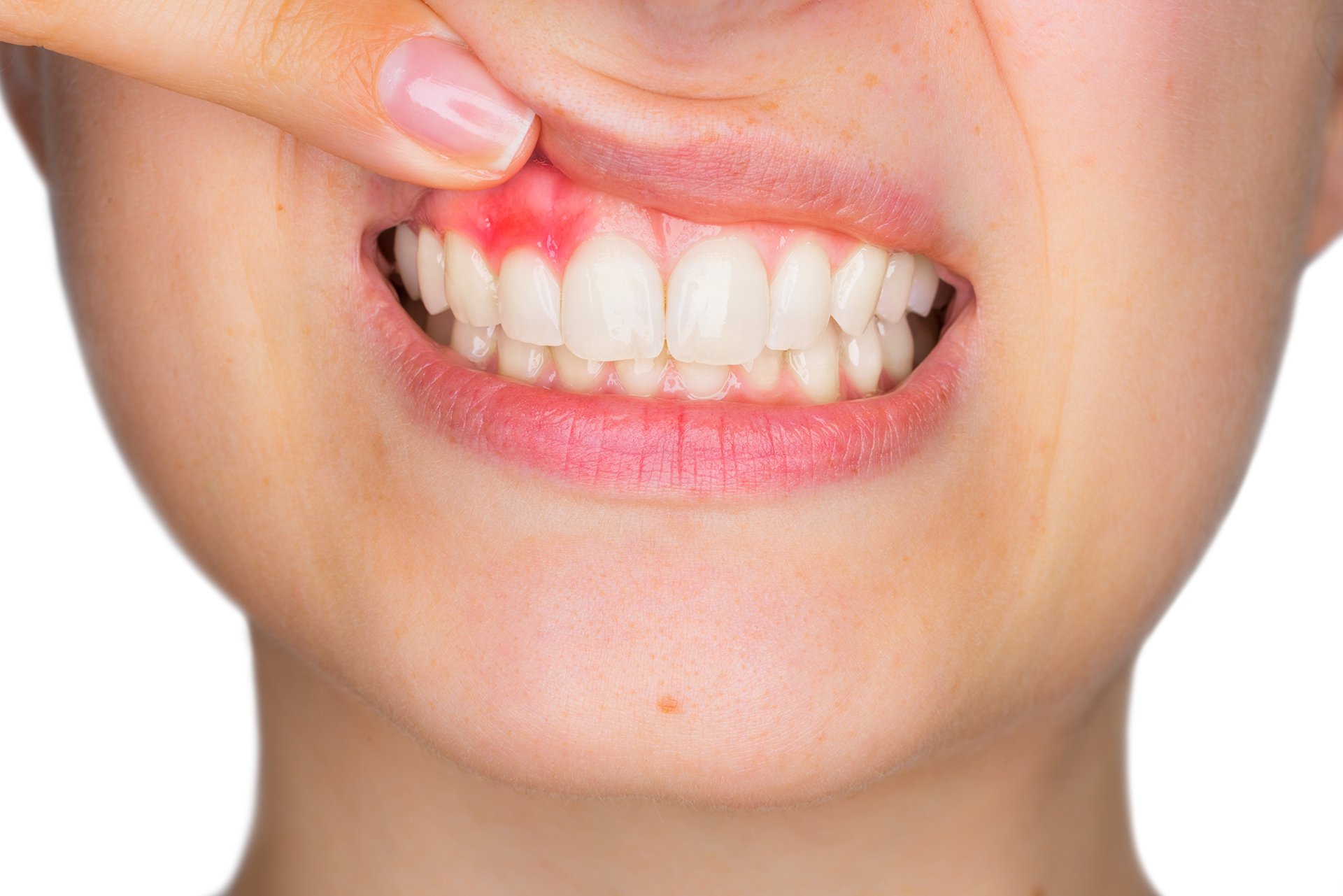Introduction
Gum diseases are infections of the tissues that surround and support the teeth. Red, swollen, and bleeding gums are the main symptoms of this disease. If left unattended gum disease can grow into very painful condition. The consequences of advanced gum diseases can be extreme, leading to tooth loss and even impacting overall health.
What Are The Factors That Increase the Risk of Gum Diseases?

Several factors can increase a person’s susceptibility to gum diseases. Let’s explore these factors in detail:
- Inadequate oral hygiene is one of the most significant contributors to gum diseases. If you fail to brush and floss their teeth regularly, plaque and tartar accumulate on the teeth and gums. This can lead to gum inflammation and eventual disease.
- Smoking and the use of other tobacco products not only stain teeth but also significantly increase the risk of gum diseases.
- Your genetic composition can play a role in your susceptibility to gum diseases. Some people may have a genetic predisposition to develop periodontal issues, even if they maintain good oral hygiene. If your family has a history of gum diseases, it’s essential to be extra vigilant about your oral health.
- A diet lacking in essential nutrients, especially vitamin C, can weaken the body’s ability to fight off infections, including gum diseases.
- Hormonal fluctuations in women, such as those during pregnancy, menstruation, and menopause, can affect the gums.
- Certain medical conditions, such as diabetes and autoimmune diseases, can increase the risk of gum diseases.
- Some medications, like antihypertensive drugs and certain anticonvulsants, can lead to gum diseases.
- Chronic stress leads to weak immune system and can affect oral health, making individuals more susceptible to gum diseases.
- The risk of gum diseases tends to increase with age.
- Crowded or misaligned teeth can be harder to clean properly, increasing the risk of plaque buildup and gum diseases.
Preventive Measures
Preventing gum diseases is essential for maintaining good oral health. Regardless of whether you are at a higher risk due to the factors mentioned above, adopting a proactive approach to oral care can significantly reduce the chances of developing gum diseases. Here are some preventive measures you can take:
- Maintain Excellent Oral Hygiene
- Quit Smoking and Tobacco
- Eat a Balanced Diet
- Manage Medical Conditions
- Manage Stress
- Hormonal Considerations
- Orthodontic Treatment
Conclusion
Gum diseases can affect anyone, but some individuals are more prone to them due to a variety of factors, including genetics, poor oral hygiene, smoking, and underlying medical conditions. Recognizing these risk factors and taking preventive measures is crucial for maintaining good oral health. By adopting a proactive approach to oral care, you can significantly reduce the risk of developing gum diseases and enjoy a healthier, more vibrant smile for years to come. Remember, a healthy mouth is a gateway to overall well-being, so invest in your oral health today.

